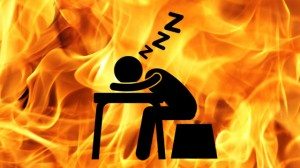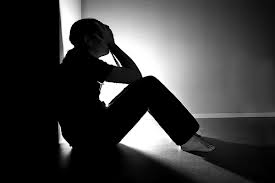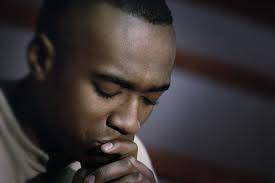Depression affects different people of all different ages. It can create a situation in your life in which you don’t know where to turn. Don’t follow the road to destruction. Instead, fight depression with everything you’ve got. Continue reading for some helpful advice because you can win the battle against depression.
Fight It! You Can Win Battle Against Depression With These Tips
 Make sure you are aware that you’re depressed. Many people try to continue on with their busy lives, falling farther and farther away from living life. You must fully admit and realize that you are suffering from depression in order to face the affliction.continue reading this article helpful advice you can win the battle against depression.
Make sure you are aware that you’re depressed. Many people try to continue on with their busy lives, falling farther and farther away from living life. You must fully admit and realize that you are suffering from depression in order to face the affliction.continue reading this article helpful advice you can win the battle against depression.
Make sure you’re letting your friends and family know about your situation and sharing your feelings. They need to know what is going on with you, and they will be able to help. They care about you, and this is going to be part of your support system.
Work on eliminating stress from your life as much as possible. You need to make sure that you’re noticing stressful situations that are triggering your depression. Talk with a counselor or your doctor about these situations if you need to, and do something about them.
Make sure you’re putting yourself first from time to time. You need to give yourself some “you” time. While you don’t want to be alone and depressed, you do want to be able to focus on yourself and your dreams and goals. Allow yourself to breathe and not be rushing around doing everything for everyone all the time. This can contribute to your depression.
Make sure you’re eating a healthy and well-balanced diet. The wrong foods will not settle well with your body, and depression is physical as well as mental. The right foods with the right vitamins and nutrients can help you in your fight against depression.
You need to be getting enough sleep each day. Don’t lounge around during the day and stay up at night thinking bad thoughts. Force yourself to go to sleep at a decent time and wake up after adequate rest. You need to be following a consistent sleep schedule if at all possible.
Battle Against Depression with Exercise
Make sure you’re getting enough exercise as well. Proper exercise is part of battle against depression and keeping your body healthy and happy. Exercise can make you feel good about yourself and it can help you achieve certain goals.
Make sure you’re following the doctor’s orders as well. If he or she has you taking medications, then you need to take them. Talk with a counselor or join a support group, and make sure you pay heed to other recommendations from your doctor. Everyone’s situation is different, and your doctor will know best how to help you.
Depression doesn’t have to be a downward spiral. You can fight your way back to the top by using the tips that have been discussed here. Take control of your life, and allow others to help you do just that. You can win this battle against depression, and you can start right now.








